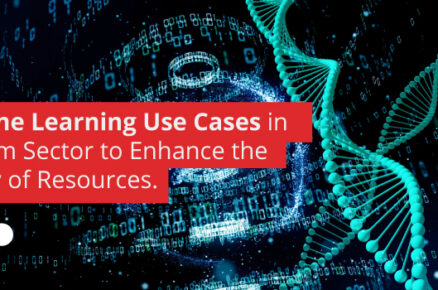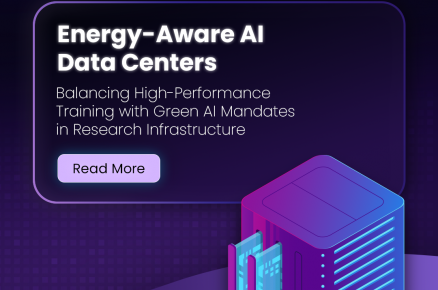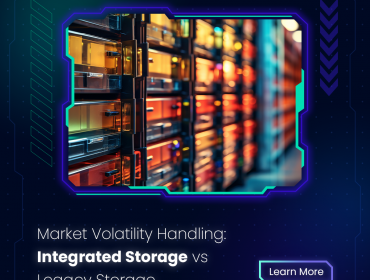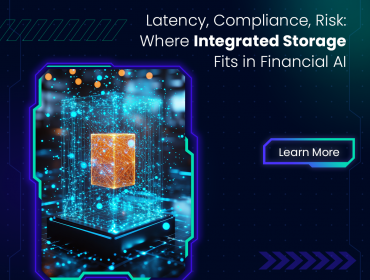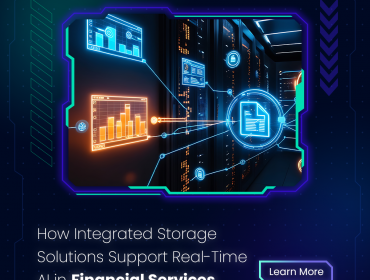As organizations develop and evolve, so does the requirement for dependable and scalable IT infrastructure. Selecting the correct IT infrastructure for your company is critical to its success, and the choice frequently boils down to two options: cloud computing and data centers. Both the cloud and data centers have advantages and downsides, and recognizing these distinctions may help you make an educated business decision.
What is Cloud Computing?
The distribution of computer services through the internet is known as cloud computing. Businesses that employ cloud computing rent and use a cloud service provider’s servers, storage, and applications. The cloud service provider must maintain, update, and secure the infrastructure. Companies with an internet connection may access their data and apps from anywhere.
What is a Data Center?
A data center is a building that houses computer systems and related components, including telecommunications and storage. A data center can be a separate facility or a bigger building room where data is stored and managed. Businesses are responsible for maintaining and safeguarding their infrastructure, and data centers demand a considerable initial investment.

Key Differences Between Cloud and Data Centers
Cost:
Cloud computing is frequently less expensive than running a data center. Businesses may avoid the upfront costs of purchasing and maintaining hardware by using cloud computing and paying only for the services they use on a pay-as-you-go basis. On the other hand, data centers need considerable upfront investment and continuing expenditures to operate and update infrastructure.
Scalability:
Cloud computing is extremely scalable and can adapt to a company’s changing demands. Cloud service providers give various service options, and organizations may simply scale up or down their computer capabilities as needed. Scaling up or down data centers, on the other hand, necessitates extensive planning and expenditure.
Security:
Cloud computing and data centers can provide safe data storage and management settings. Cloud providers frequently have specialized security teams that monitor and maintain the infrastructure’s security, and many provide advanced security features like multi-factor authentication and encryption. On the other hand, data centers require enterprises to establish their security measures and may lack the same degree of professional security employees.
Performance:
High-performance computing with low latency and high-speed networking may be provided through data centers. This might be useful for firms that need quick access to their data or need to quickly handle big volumes of data. Cloud computing may also provide high-performance computing, albeit the amount of performance will vary depending on the service and provider.

Which Option is Best Suited for Your Business?
Several considerations, including your budget, scalability, security, and performance requirements, determine the optimal solution for your organization.
Cloud computing may be the best solution if your company has limited resources and demands flexibility. Cloud computing provides a pay-as-you-go strategy, allowing organizations to minimize upfront expenditures while swiftly adapting to changing business demands. Furthermore, cloud providers may provide high levels of security and performance, making them ideal for enterprises requiring cutting-edge technology access.
A data center may be the best solution if your company demands high speed, minimal latency, or rigorous security. A data center may provide specialized infrastructure and connection, and firms can tailor security measures to their requirements. On the other hand, data centers need a considerable upfront investment and may not be as flexible or adaptable as cloud computing.
Conclusion:
Choosing between cloud and data center storage comes down to your business needs, budget, and preferences. Cloud storage is ideal for businesses with limited budgets, scalability needs, and remote work requirements. On the other hand, data centers are better suited for businesses that require complete control, customization, and high-performance storage solutions. Whichever option you choose, consider the pros and cons carefully and consider the long-term impact on your business.



